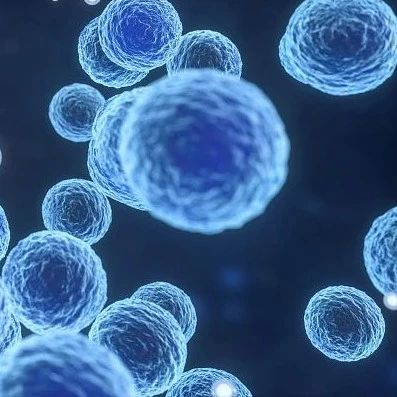
艾滋病毒三维模型
最近,华盛顿大学研究人员发现了人体无法抵御艾滋病毒感染的原因。
工作由免疫学系教授Michael Gale, Jr.博士领导完成,将发表于8月的Journal of Virology杂志上。
研究人员发现,病毒蛋白vpu会直接抑制防止病毒感染的免疫系统,vpu由艾滋病毒感染过程中诞生,与免疫反应蛋白IRF3相互作用。
Brian Doehle博士研究员说:这项理解充分展示了艾滋病毒在早期感染阶段影响先天性免疫反应,我们可以更清楚地了解病毒是如何逃避免疫系统的抵御,建立长期的感染,
这项最新研究基于实验室的早期发现,艾滋病毒通过损害IRF3功能,直接对抗早期先天免疫反应对感染细胞的作用。
新的研究发现,艾滋病毒蛋白vpu特异性地与免疫蛋白IRF3相结合,从而防止IRF3引发对感染细胞的免疫反应。
科学家们还发现缺乏vpu的艾滋病毒菌株不会损害免疫应答。
研究人员表示这项最新成果可以用来设计新的艾滋病抗病毒药物,防止vpu与IRF3相互作用从而提高免疫力。

 Vpu mediates IRF3 depletion during HIV infection by a lysosomal-dependent mechanism
Vpu mediates IRF3 depletion during HIV infection by a lysosomal-dependent mechanism
Brian P. Doehle1, Kristina Chang1, Arjun Rustagi3, John McNevin2, M. Juliana McElrath2,4,5 and Michael Gale Jr1,3
HIV has evolved sophisticated mechanisms to avoid restriction by intracellular innate immune defenses that otherwise serve to control acute viral infection and virus dissemination. Innate defenses are triggered when pathogen recognition receptor (PRR) proteins of the host cell engage pathogen-associated molecule patterns (PAMPs) present in viral products. Interferon regulatory factor (IRF)3 plays a central role in PRR signaling of innate immunity to drive the expression of type I interferon (IFN) and interferon-stimulated genes (ISGs), including a variety of HIV restriction factors, that serve to limit viral replication directly and/or program adaptive immunity. Productive infection of T cells by HIV is dependent upon the targeted proteolysis of IRF3 that occurs through a virus-directed mechanism that results in suppression of innate immune defenses. However, the mechanisms by which HIV controls innate immune signaling and IRF3 function are not defined. Here, we examined the innate immune response induced by HIV strains identified through their differential control of PRR signaling. We identified viruses that unlike typical circulating HIV strains lack the ability to degrade IRF3. Our studies show that IRF3 regulation maps specifically to the HIV accessory protein Vpu. We define a molecular interaction between Vpu and IRF3 that redirects IRF3 to the endo-lysosome for proteolytic degradation, thus allowing HIV to avoid the innate antiviral immune response. Our studies reveal Vpu as an important IRF3 regulator that supports acute HIV infection through innate immune suppression. These observations define the Vpu/IRF3 interface as a novel target for therapeutic strategies aimed at enhancing the immune response to HIV.
文献链接:Vpu mediates IRF3 depletion during HIV infection by a lysosomal-dependent mechanism







